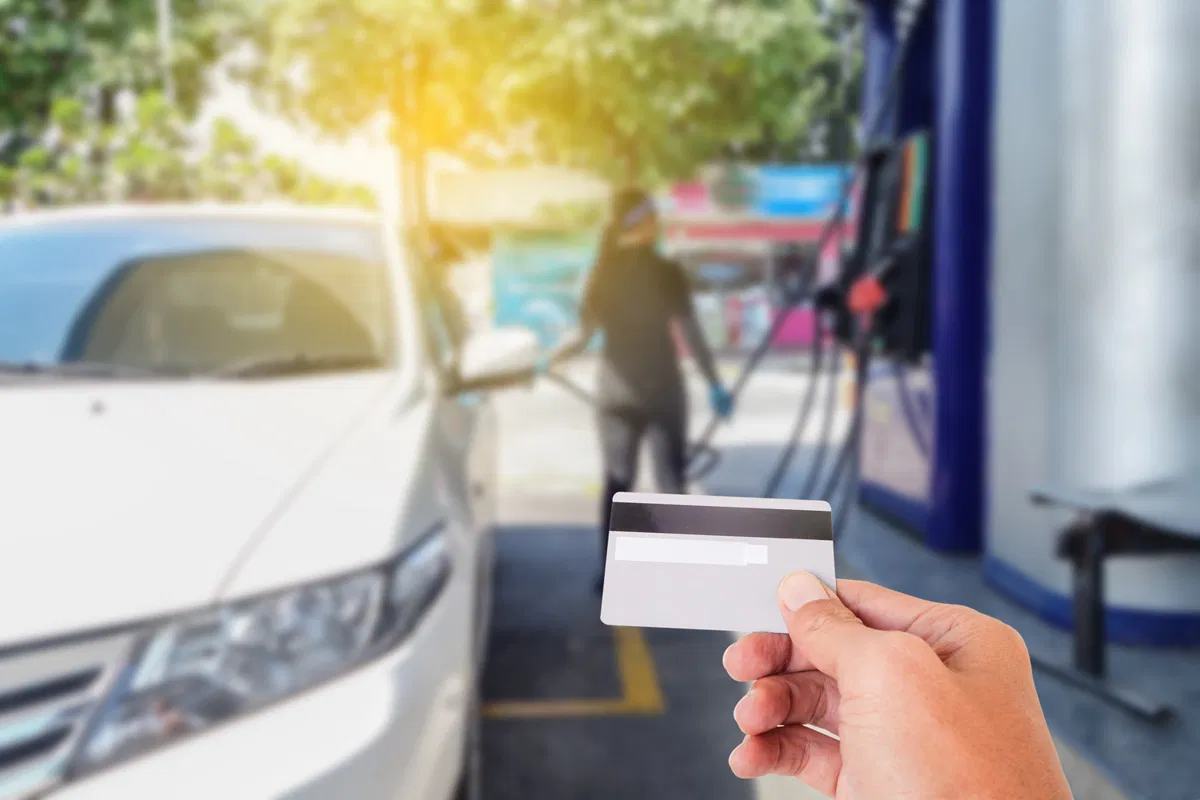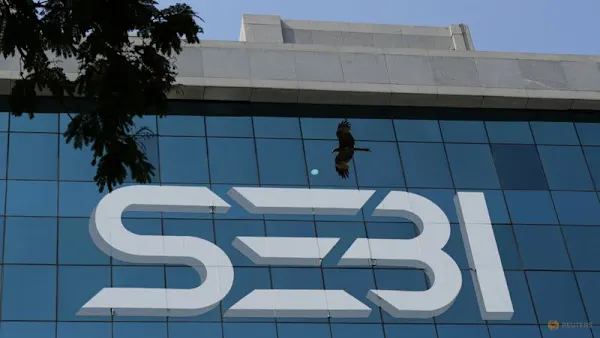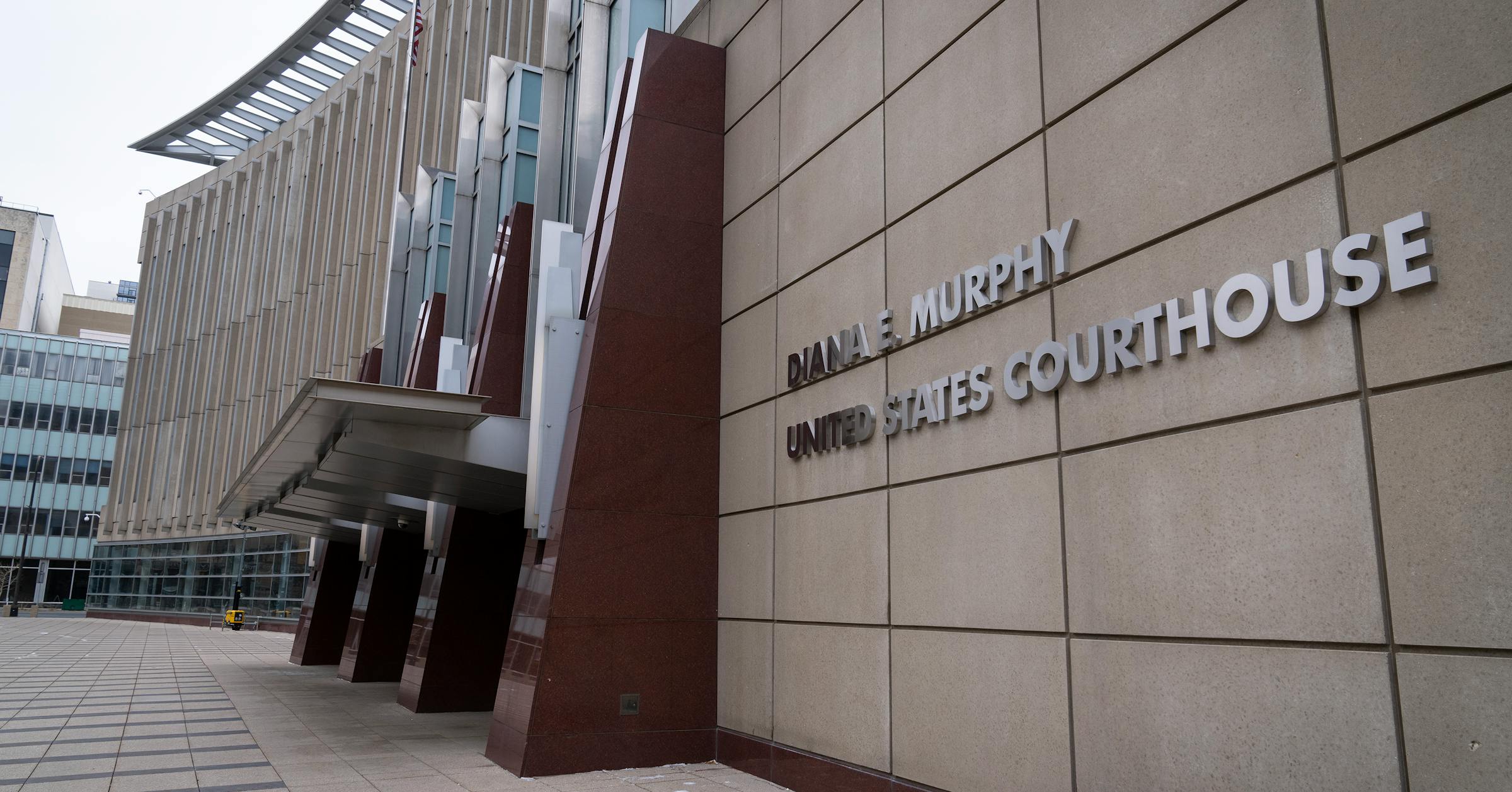By Farah Mokrani
Copyright euroweeklynews

It starts off looking harmless. You’ve pulled into a petrol station, you’re in a rush, maybe even heading off on holiday, and a stranger at the next pump leans over with a polite smile. ‘Could you put five euros on your card for me? I’ll give you the cash now.’ It sounds like nothing – a neighbourly gesture, a quick favour.
But what many drivers in Spain don’t realise is that this “harmless” exchange is the basis of a clever new scam sweeping petrol stations across the country. And those five euros? They could end up draining your bank account of more than €150 before you’ve even driven out of the forecourt.
How the scam plays out
Here’s how it works. The scammer approaches you while you’re paying for your own fuel, asking if you’ll also cover a small amount for their car – usually just €5. They’ll hand you a crisp note on the spot, so it feels completely safe.
The trick comes after you’ve driven away. What you don’t know is that the pump was never reset properly. Your card is still logged in the system, meaning the scammer can carry on filling their tank – not for €5, but often right up to €150 or more. By the time you notice the transaction on your account, the scammer is gone.
Why petrol stations are the perfect hunting ground
This con is catching on fast because it takes advantage of two very simple things: speed and trust. Petrol stations are busy, especially in summer when Spain’s roads are packed with holidaymakers. People are distracted, in a rush, and less likely to scrutinise what’s happening at the pump.
And the genius – if you can call it that – of the scam is that it doesn’t feel like a scam at all. On the surface, it’s just one driver doing another a favour. It’s exactly that instinct to be helpful that scammers are banking on.
Authorities in France have already issued warnings after seeing the same trick spread there, and Spanish petrol stations are now on alert too. Some consumer groups have even described it as the ‘holiday scam of the summer,’ with drivers particularly vulnerable during long road trips.
How to avoid becoming the next victim
The advice from both police and petrol station staff is blunt: don’t do it. No matter how polite or convincing someone seems, never agree to put fuel on your card for a stranger.
If you absolutely felt compelled to help – say, in a genuine emergency – you’d need to check the pump yourself, make sure the amount is reset, and keep your eyes glued to the screen until the transaction finishes. But let’s be honest: when you’re standing in the heat, with cars lined up behind you and a stranger insisting it’s ‘just a fiver’, how realistic is that?
The safest option is to say no. It might feel awkward in the moment, but it’s a lot less awkward than discovering a €150 hole in your bank account later.
And if you do fall for it? Report it to your bank straight away and file a complaint with the police. The quicker you act, the better chance you have of recovering your money.
Petrol station scam drivers must watch out for
This isn’t the first time scammers have targeted drivers. Fake traffic fines sent by text message and bogus parking penalties have been doing the rounds for years. But this new con feels different because it happens face to face, in a setting where you’re not expecting danger.
That’s exactly why it’s working. In the middle of a busy motorway service station, the last thing you’re thinking about is being scammed. You’re thinking about snacks for the kids, stretching your legs, or making it to the coast before sunset.
And that’s what makes the ‘€5 scam’ so effective. It doesn’t rely on technology or hacking. It relies on human kindness – and turning it into a payday.
So next time you stop at a petrol station in Spain, keep this in mind: if someone asks for a tiny favour, don’t let it cost you a small fortune.
Stay tuned with Euro Weekly News for more news from Spain



